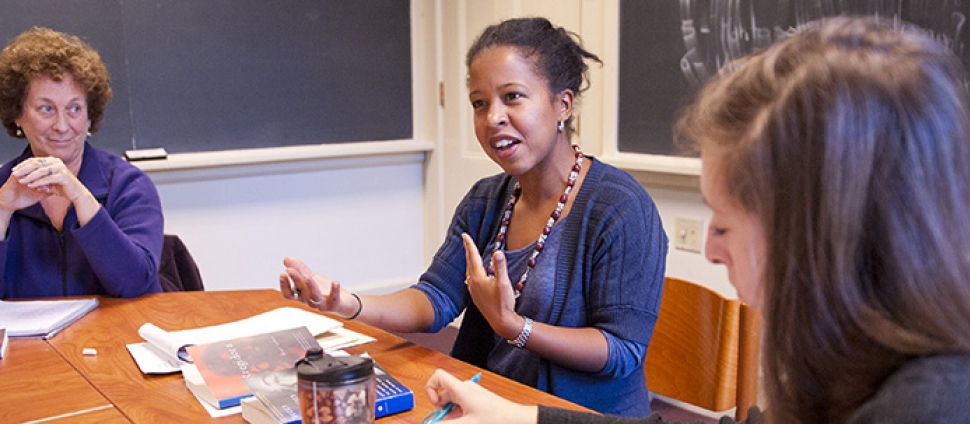Document Type
Article
Publication Date
1-1-2005
Publication Title
Du Bois Review
Abstract
This exploratory study makes a contribution to the literature on antiracism by unpacking the cultural categories through which everyday antiracism is experienced and practiced by extraordinarily successful African Americans. Using a phenomenological approach, we focus on processes of classification to analyze the criteria that members of the African American elite mobilize to compare racial groups and establish their equality. We first summarize results from earlier work on the antiracist strategies of White and African American workers. Second, drawing upon in-depth interviews with members of the Black elite, we show that demonstrating intelligence and competence, and gaining knowledge, are particularly valued strategies of equalization, while religion has a subordinate role within their antiracist repertoire. Thus, gaining cultural membership is often equated with educational and occupational attainment. Antiracist strategies that value college education and achievement by the standards of American individualism may exclude many poor and working-class African Americans from cultural membership. In this way, strategies of equalization based on educational and professional competence may prove dysfunctional for racial solidarity.
Keywords
African American, Antiracism, Competence, Elite, Religion
Volume
2
Issue
1
First Page
29
Last Page
43
DOI
10.1017/S1742058X05050046
ISSN
1742058X
Version
Version of Record
Rights
© 2005, W.E.B. Du Bois Institute for African and African American Research. All rights reserved.
Recommended Citation
Lamont, Michèle and Fleming, Crystal M., "Everyday Antiracism: Competence and Religion in the Cultural Repertoire of the African American Elite" (2005). Africana Studies: Faculty Publications, Smith College, Northampton, MA.
https://scholarworks.smith.edu/afr_facpubs/27


